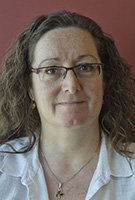
Dr. Abonyi is an anthropologist working primarily in the area of Aboriginal health. She explores the role of culture in health with a number of research projects located in northern and remote Saskatchewan and across the Prairie provinces. She is an associate professor with the University of Saskatchewan’s Community Health and Epidemiology Department. From 2005-2014, she held a Tier II Canada Research Chair in Aboriginal Health.
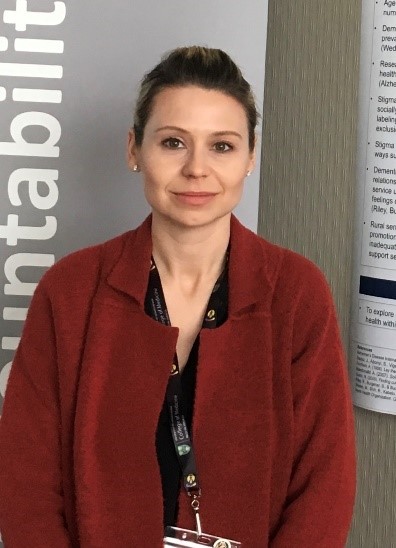
Dr. Juanita-Dawne Bacsu is a Canada Research Chair (Tier II) in Nursing and Population Health and an Assistant Professor in the School of Nursing at Thompson Rivers University. Dr. Bacsu has been a Research Associate with SPHERU since 2009 and a board member with the Canadian Rural Health Research Society since 2011. Prior to this, she was a senior communications manager for the provincial government, a television segment host, and co-owned a family medicine clinic. Her research interests include rural aging, stigma, dementia, cognitive health promotion, social media/infodemiology, and health policy.

Dr. Cheryl Camillo is an interdisciplinary scholar-practitioner with 30 years of success in developing and implementing solutions to real-world social policy and governance problems. The overarching purpose of her research is to enhance global population health by improving health and well-being, particularly for vulnerable populations. In pursuing this objective, she focuses on three areas of research: 1.) improving access to health insurance and services by understanding and addressing barriers and facilitators experienced by patients and sub-groups of the population; 2.) formulating and implementing health system reforms, especially at the sub-national level of government using a comparative lens; and 3.) identifying intersectoral, interagency, and intergovernmental strategies for adopting an upstream approach to health and well-being.
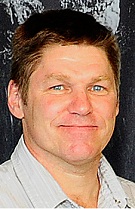
Dr. Daschuk joined SPHERU in 2008. His book, Clearing the Plains: Disease, Politics of Starvation and the Loss of Aboriginal Life has won numerous awards including the Governor General's Medal for Scholarly Research in History and in 2014 and in 2016 was part of the literary review of Canada's twenty five most influential Canadian books of the last twenty five years. He is a professor in the Faculty of Kinesiology and Health Studies at the University of Regina.
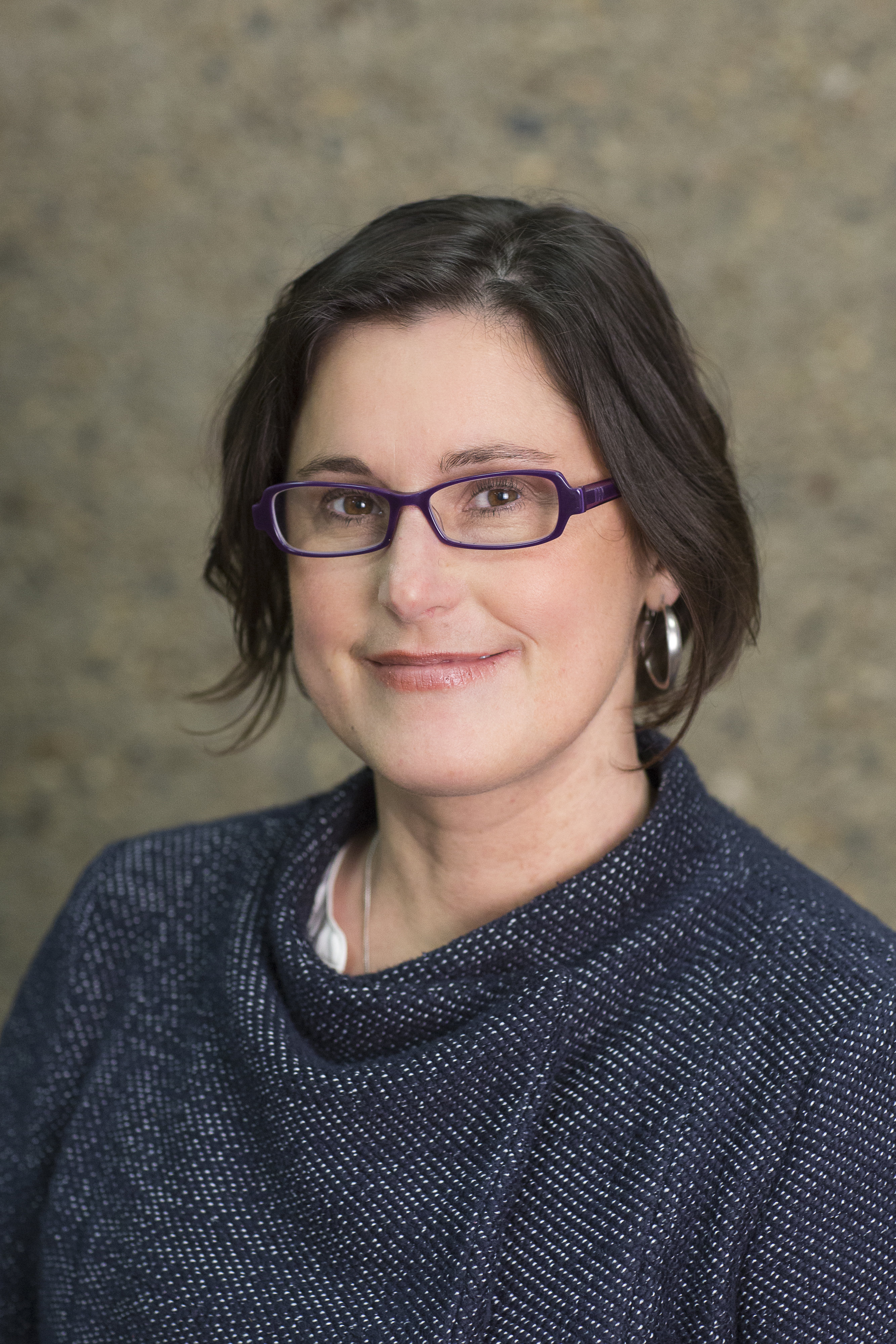
Dr. Engler-Stringer is a professor in Community Health and Epidemiology at the University of Saskatchewan. Her research interests include food systems and food security; nutritional health inequities; health promotion; and participatory research. Currently, she is Principal Investigator of three projects: 1) Good Food For Learning, a universal, curriculum-integrated school food program population health intervention study (funded by CIHR), 2) The School Food Development Project, conducting community co-design of school food programs in Indigenous community schools (funded by PHAC), and 3) Promising Practices in School Food Programs, which involves case studies in every province and territory, historical analysis and international reviews (funded by CIHR, Mitacs and Agriculture and Agrifood Canada).
Daniel Fuller is a Principal Investigator on the INTERventions, Research, and Action in Cities (INTERACT) team and co-principal investigator of the CapaCITY/É Healthy Cities Implementation Science Team. Dan is also involved in Artificial Intelligence for Public Health training initiatives. His interdisciplinary research is focused on using wearable technologies to study physical activity, transportation interventions, and equity in urban spaces. Dan has PhD in Public Health from Université de Montréal. He spends free time chasing his kids around and is a middle of the pack recreational cyclist and triathlete.

Dr. Hackett's research focuses on the impact of cultural change driven by colonialism on the health of Indigenous communities, through archival research and collaboration with those communities. He seeks to understand how the actions of the past have set the stage for the health challenges of the present. Research projects include examining the factors that helped set the stage for the current epidemic of Type 2 diabetes that affect some First Nations communities in Saskatchewan and Manitoba, and investigating the history of tuberculosis among the western First Nations. Central to these projects is documenting the devastating impacts of residential schools on community health. He is also currently working on the SPHERU project, History of Public Health and Health Care in Saskatchewan: The origins and import of health inequities in Saskatchewan 1905-1985. Dr. Hackett is an associate professor with the University of Saskatchewan's Department of Geography and Planning.
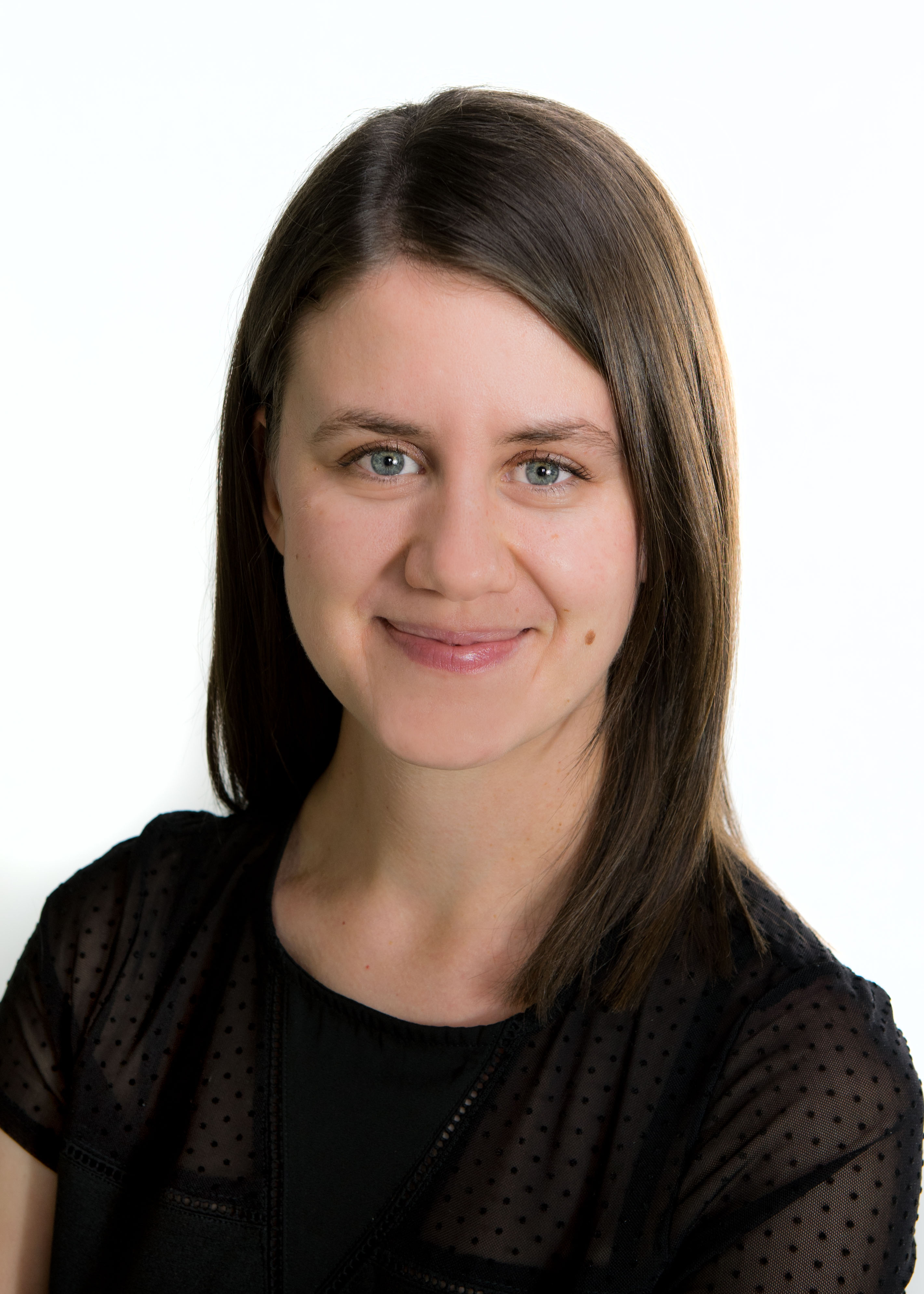
Michelle Harazny joined SPHERU in 2019 as Project Coordinator of Dementia Supports in Rural Saskatchewan. She works with Dr. Bonnie Jeffery, Dr. Tom McIntosh, and Dr. Nuelle Novik, and coordinates initiatives with organizations in Yorkton and surrounding communities.
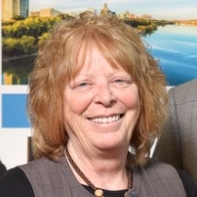
Dr. Jeffery began working with SPHERU in 2000 as a research faculty member, and served as Director from 2006-2012. A professor in the Faculty of Social Work, she has maintained a long-standing commitment to access to post-secondary education for rural and northern residents. In her research, this commitment extends more broadly to influence policies that impact access to a variety of services for rural and northern residents, particularly for older adults. She holds a Master of Social Work degree from the University of Toronto and an interdisciplinary PhD in Health Services Research and Social Work from the University of British Columbia.

Dr. Shanthi Johnson is currently Professor and Dean of the School of Public Health, University of Alberta. Her community-engaged research program focuses on falls/injury prevention, aging in place in rural communities, and social isolation among immigrant and refugee seniors. Dr. Johnson has appeared before the Canadian Senate as an expert witness, and served on many grant adjudicating panels. As a global champion of research engagement and partnerships, she has participated in the US Fulbright Fellowship, Australian Endeavour Executive Fellowship and others. Beyond the context of higher education, she has had considerable national and international leadership experiences through her participation on various councils and boards including the National Seniors Council, Shastri Indo-Canadian Institute, and the CIHR Governing Council. She has been a recipient of several awards and recognition including the Award of Innovation by the Regina Chamber of Commerce and RBC’s Top 25 Canadian Immigrants.
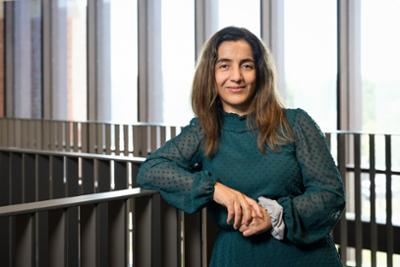
Akram is an Assistant Professor at Johnson Shoyama Graduate School of Public Policy. She holds a PhD in Health Policy and Management from the University of Manchester in England (graduated in 2010). Her research centers on healthy cities and communities with a focus on health equity and social determinants of health. She is a member of SPHERU's Dementia Supports in Rural Saskatchewan research team.
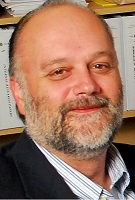
Dr. McIntosh joined SPHERU in 2002 and brings expertise in public policy, public health and health care as well as federalism, intergovernmental politics and knowledge transfer and exchange. He served as Co-Director of the unit from 2013 until 2022 and is also a Professor of Politics and International Studies at the University of Regina. He has worked for local, provincial and the Canadian federal governments, including as Research Coordinator for [Romanow] Commission on the Future of Health Care in Canada from 2001 to 2002. In addition to publishing nine books, his work has appeared in the Canadian Public Administration, the Canadian Political Science Review, Critical Public Health, The Lancet, the Journal of Health Policy, Politics and the Law, Healthcare Papers, the Canadian Journal of Public Health and the Canadian Journal of Aging. He is currently part of the Dementia Supports in Rural Saskatchewan, The Current State of Rural Health Care in Saskatchewan, and Addressing the Wider Health Impacts of COVID-19 research teams at SPHERU.
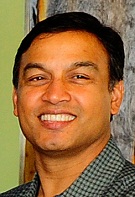
Dr. Muhajarine is a social epidemiologist and SPHERU Director, and leads SPHERU's Healthy Children research program. His work includes researching questions related to community and family contextual influences in child development and health, risk in the prenatal period, and developing community-university research partnerships to improve knowledge creation, transfer and application. His current research includes evaluations of population-level early childhood intervention programs. He particularly cherishes the mentoring role and works closely with junior colleagues and graduate students. He is the recipient of several awards of distinction, including his province's 2009 Health Research Achievement Award and the CIHR Knowledge Translation Award. He is a professor and grad chair in the Department of Community Health and Epidemiology, University of Saskatchewan.
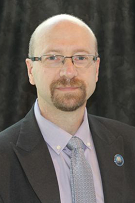
Dr. Neudorf is a Professor in the Department of Community Health and Epidemiology at the University of Saskatchewan and joined SPHERU in 2013. His work focuses on Public Health Systems and Services Research and on improving Health Equity through program and policy change in the health system and through intersectoral action. He is the interim Senior Medical Health Officer for the Saskatchewan Health Authority and President of the Urban Public Health Network of Canada.
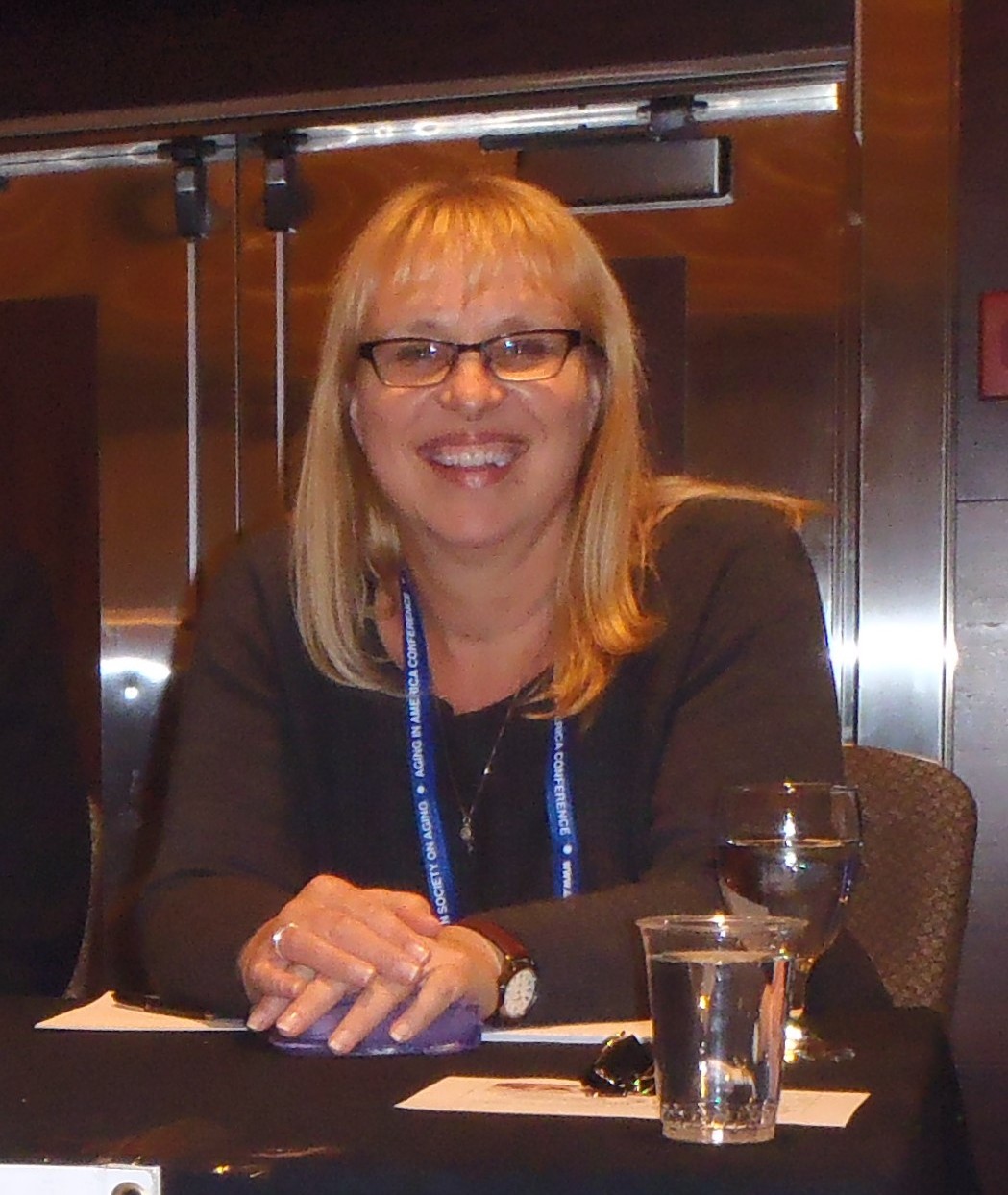
Dr. Novik is an Associate Professor in the Faculty of Social Work at the University of Regina. She has practiced as a social worker in the areas of healthcare, mental healthcare and community development in Saskatchewan; and spent six years as Coordinator of the Social Work Program at Aurora College in the Northwest Territories. During that time, she was involved in leadership positions with the Association of Social Workers in Northern Canada, and the Canadian Association of Social Workers (CASW). She continues to practice part-time as a therapist with a community-based counselling agency. Her research interests include rural and remote health and mental health, older adults, dementia and dementia care, and end-of-life care.

Dr. Gabriela Novotna is an Associate Professor in the Faculty of Social Work at the University of Regina. She joined SPHERU in 2015. Her research focuses on informing clinical, organizational, and policy interventions for the issues related to alcohol, cannabis, opioids, stimulant use, gambling, and concurrent disorders. Her research interests include studies on the uptake of research findings into health and social services, including policy and community-university knowledge development and exchange. She is interested in advancing scholarship, and critical analysis of what constitutes “evidence”, in evidence-informed decision making.

Dr. Sarah Oosman is an assistant professor and physiotherapist working in the area of health promotion with a specific interest in community-based health intervention research in partnership with Aboriginal communities. She is interested in working with communities to develop and implement culture-based health promotion programs in order to positively influence health across the lifespan. She is currently collaborating on the Healthy Aging in Place project with northern Métis and First Nations communities.

Yolanda is the Research Officer at SPHERU. She works with Dr. Nazeem Muhajarine and other SPEHRU faculty. In her role as a research officer, Yolanda coordinates several research projects and manages the SPHERU office and activities. She has a Ph.D. in Interdisciplinary Studies from the University of Saskatchewan.
Dr. Michelle Stewart is an Associate Professor in Women’s and Gender Studies. An interdisciplinary scholar, Michelle works with research and evaluation teams at the regional, national and international level. As an applied anthropologist trained in Science and Technology Studies as well as visual and political anthropology, she focuses on research, interventions, evaluation and community collaboration in the area of cognitive disabilities, mental health and racialized inequalities as they present in the criminal justice and child welfare systems. Michelle recently completed two terms as the Academic Director of the Community Research Unit. Michelle is currently the co-Director of the Regina Improvisation Studies Centre and part of multiple teams using improvisation as a method in projects focused on social justice and social determinants of health.